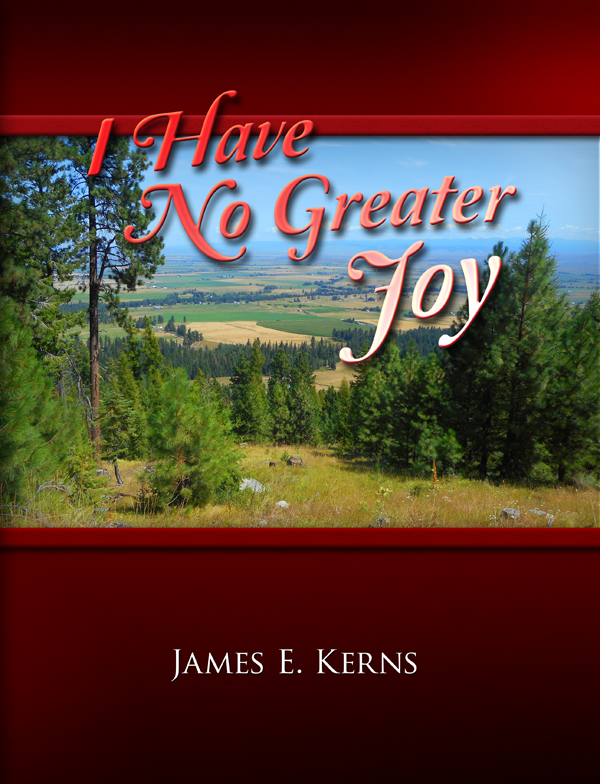Categories: All Articles, I Have No Greater Joy, Temple, Work for the Dead
Temples
There have never been people in the history of the world more blessed than the Latter-day Saints. I’m afraid that we fail to recognize our unique position, and take our blessings for granted.
Take the matter of temples, the endowment, and sealing of wives to husbands, and of children to parents. Who in the history of the world has had these blessings and privileges?
We are not aware of any temples in antediluvian times. The Israelites later had the Tabernacle, the Temple of Solomon, and its successors; but these temples were not used for the purposes that we use our temples today. The Nephites built temples, but those were also not used as we use temples today. We can know this from the fact that the Book of Mormon prophet, Jacob, spoke to his people in the temple, and that in his audience were men whose lack of worthiness would have banned them from entering our present-day temples.
The ordinances that are performed in our temples today require the Melchizedek Priesthood. Individuals throughout history—mainly prophets—have held the Melchizedek Priesthood, but that higher priesthood has been largely withheld from the people at large. The Children of Israel clear up to Christ’s day were governed by the lesser (Levitical) Priesthood. I think the same was probably true for the Nephites.
When Christ came He ordained His Apostles and His 12 Nephite disciples to the higher priesthood, and thus the Melchizedek Priesthood became available to worthy men. But were those men able to have their wives and children sealed to them? There is evidence that some such ceremonies took place with the Old World Apostles, but we don’t know where or under what circumstances.
Work for the dead did not, and could not, take place at all until after Christ rose from the dead. Baptisms for the dead then commenced among the New Testament saints, and we might assume among the Book of Mormon saints also; but endowments and sealings were probably another matter since we’re not aware of the existence of any temples in which those ordinances could be performed.
Suddenly after all these millennia—in my lifetime—the Priesthood has become available to every worthy man. In my short membership of 50 years in the Church the number of temples has exploded from 13 to a potential 177. People the world over can go to a temple, be baptized for their dead, receive the endowment for themselves and for their dead, and have sealings performed for themselves and for their dead. This is commonplace. This has never happened in the history of the world.
Why us? Why these blessings?
Where much is given, much is expected. We have the blessings, and we’re expected to share them. Upon us rests the responsibility of providing these blessings to all of those who lived before us. It’s a duty that belongs to the last days. The responsibility is huge. It must not be neglected. Our blessings and the temples must not be taken for granted. We must remember who we are and why we’re here at this time.
It is my privilege to be a called and set-apart temple ordinance worker, and to assist the patrons who come to the temple. I am in awe at what has been entrusted to me, and at what I am authorized to do. I can do everything but seal. I baptize, confirm, ordain, and administer the endowment. The initiatory washing and anointing are part of the endowment. The blessings pronounced in the initiatory ordinance are stunning. They’re binding and eternal—and I’m authorized to administer them! I can hardly believe it.
Not only that, but my wife is similarly authorized to do the same thing for women. She doesn’t hold the Priesthood, but hands were laid on her head giving her the authority to perform these ordinances. In the words of Dallin H. Oaks, “We are not accustomed to speaking of women having the authority of the priesthood in their Church callings, but what other authority can it be?” (Ensign, May 2014, pg. 51).
Latter-day Saints in this day possess authority, power, and responsibility to an extent that has never before been delegated to man. We must be up and doing.
